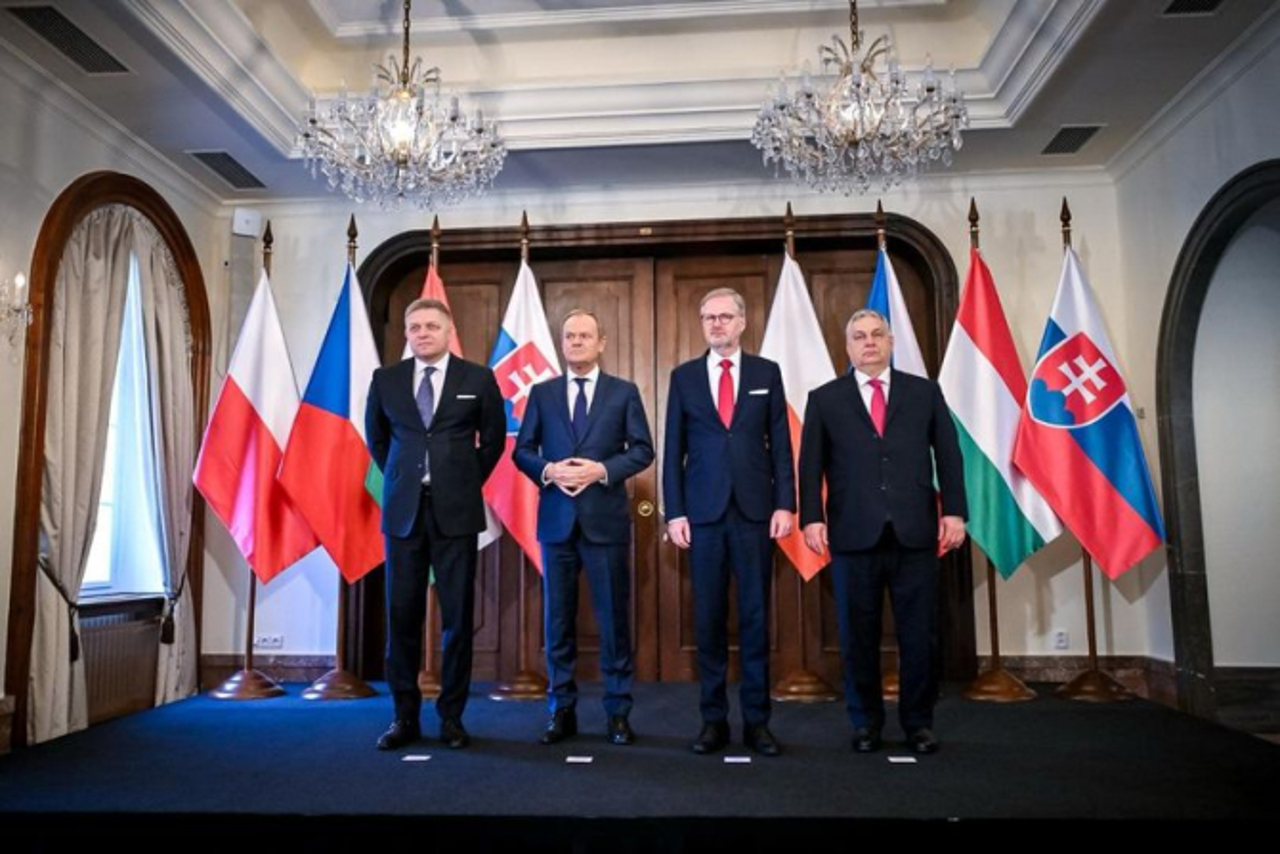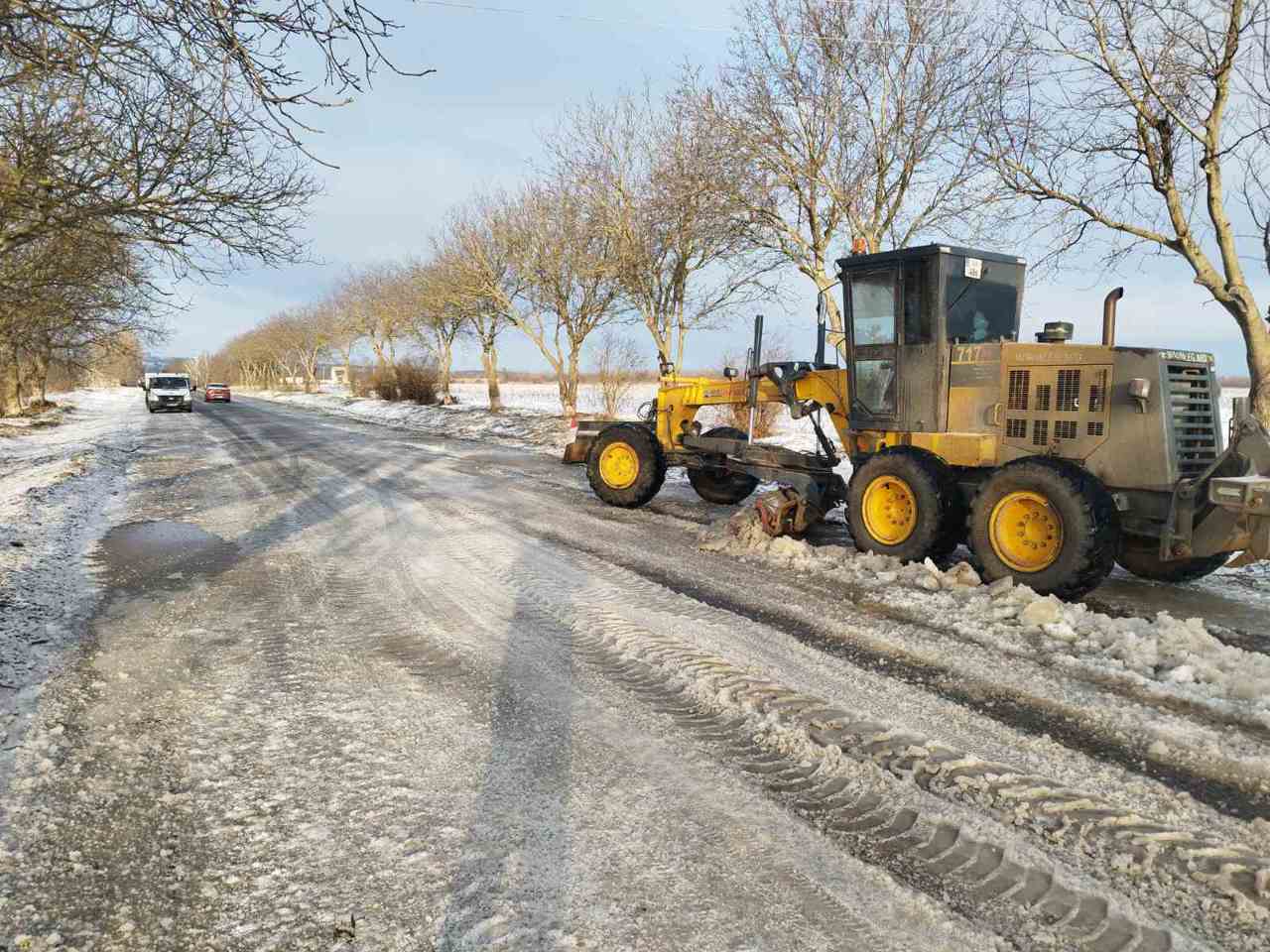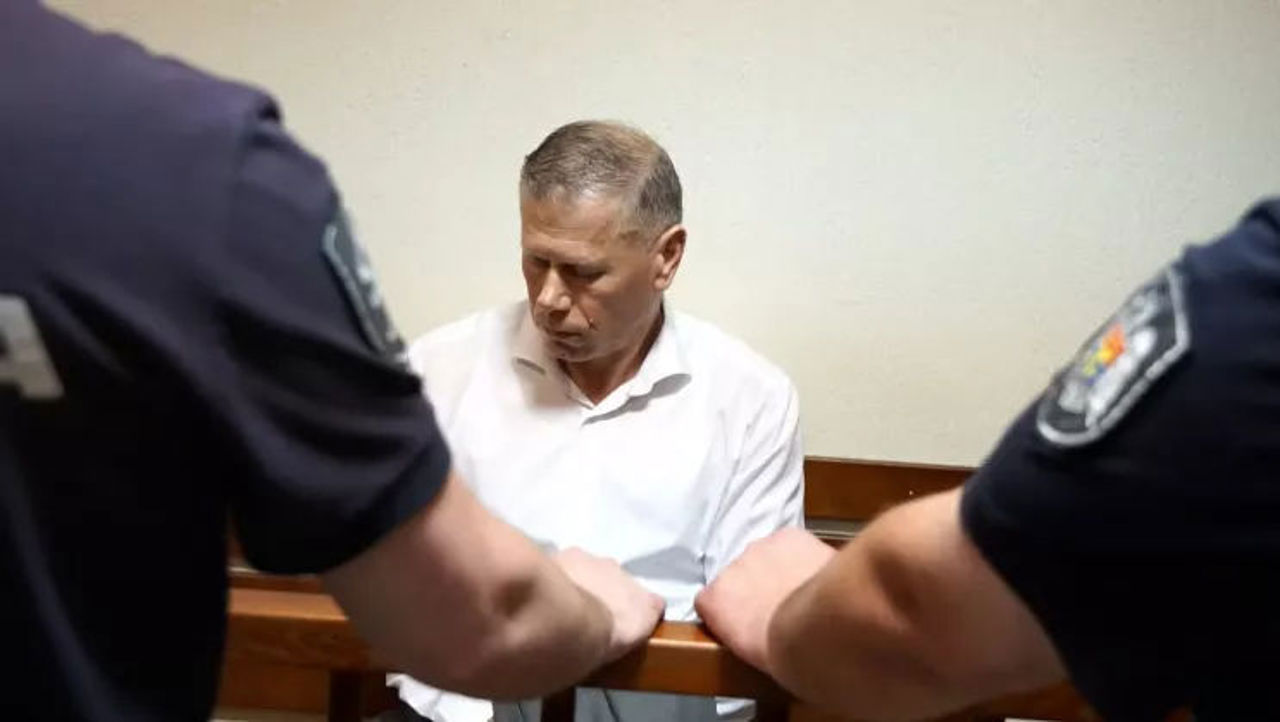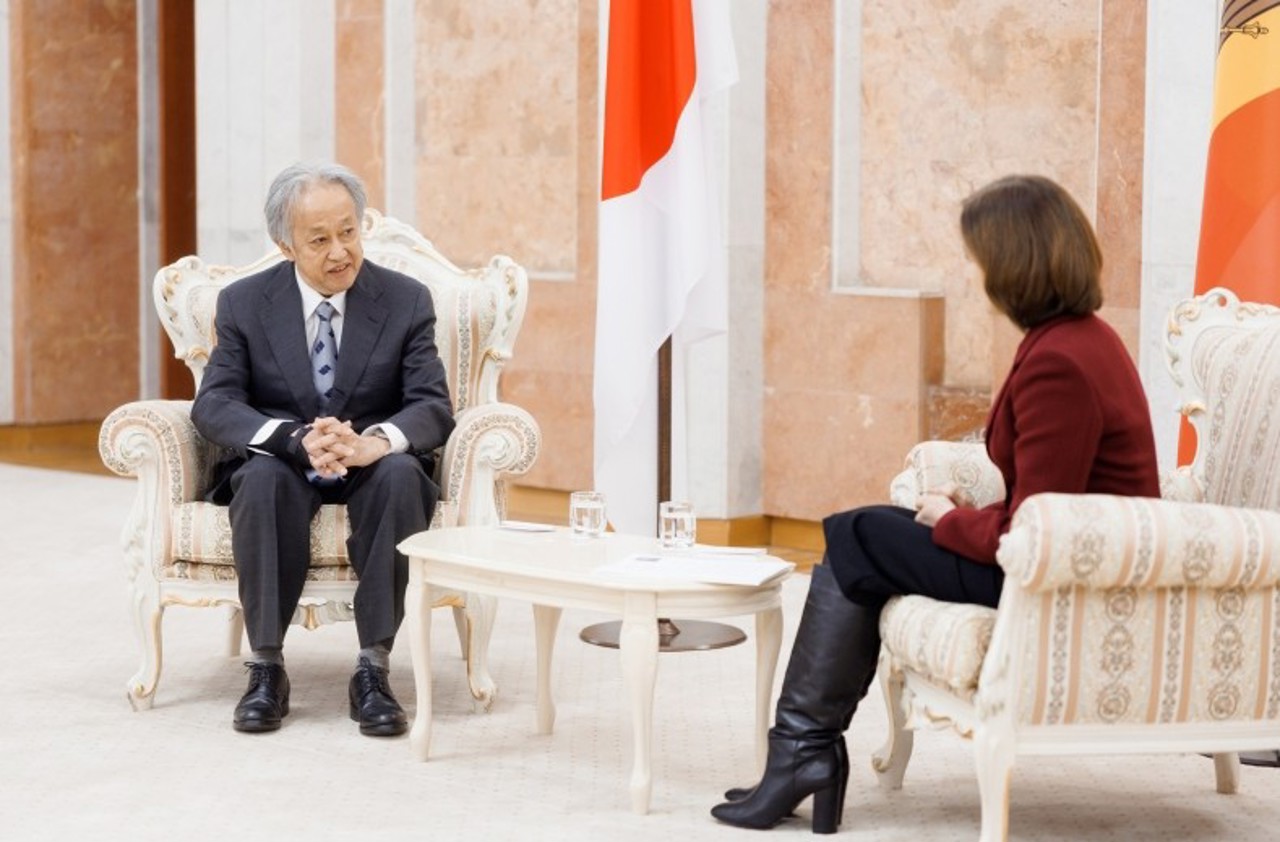Visegrad Group Divided on How to Aid Ukraine
The prime ministers of the Visegrad Group countries, meeting in Prague, reached a consensus on the need to support Ukraine. However, opinions diverged drastically on the methods of providing aid.

The Polish and Czech prime ministers, Donald Tusk and Petr Fiala, agreed to rapidly purchase weapons from third parties for immediate delivery to Ukraine.
In contrast, the Hungarian and Slovak prime ministers, Viktor Orban and Robert Fico, are pushing for peace negotiations. However, international experts argue that a peace agreement would mean significant territorial losses for Ukraine and the establishment of a pro-Kremlin regime in Kyiv.
The leaders of Budapest and Bratislava were met at the Prague meeting by protesters who denounced their positions on European Union policies. These policies include challenging Brussels' military support for Ukraine in repelling the Russian military invasion. The two leaders also oppose EU policies on immigration and energy, according to experts.
In this context, Hungarian Foreign Minister Peter Szijjarto noted that the war in Ukraine and the issue of peace are perceived differently across the EU, including within the Visegrad Group.
However, Szijjarto confirmed that all members are prepared to continue cooperation in areas where interests coincide. The Slovak prime minister added that "there is no military solution to the conflict in Ukraine."
Polish Prime Minister Donald Tusk recalled that when the Visegrad Group was formed, there was common resistance to Russian troops in the four countries and solidarity among the four peoples.
The Visegrad Group is a cooperation organisation between the Czech Republic, Poland, Slovakia, and Hungary, formed on February 15, 1991. Cooperation between them has positively impacted the Euro-Atlantic integration process of these four Central European states.
Additionally, the example of the Visegrad Group partially inspired the creation of the Republic of Moldova-Ukraine-Georgia trio in the European integration process. Due to the war started by the Russian Federation in Ukraine, this format is now not functional.
The last meeting of the foreign ministers of the Trio took place on May 17, 2021, in Kyiv, where a memorandum of understanding was signed between the three foreign ministries on cooperation in the field of European integration.
Translation by Iurie Tataru




